Protecting Arctic waters in a changing climate
I came across an interesting blog post by Lisa Speer, director of the International Oceans Program at the Natural Resources Defense Council. It’s an environment group dedicated to protecting natural resources and public health and has offices in the US and China.
She sets out four points to protect the Arctic: protecting key ecosystems to increase their resilience, strict “Arctic-specific” standards to regulate industrial activity, integrated ecosystem-based management and protection for the high seas of the Central Arctic Ocean, which lie outside the jurisdiction of any country. A lot of essentials in a readable nutshell (?)
See: Four Steps to Protect the Arctic, Our Final Ocean Frontier.
Schwarzenegger for grassroots climate action
Listening to the radio earlier today I heard a report about Arnold Schwarzenegger supporting a campaign to encourage people, companies, towns, regions etc. to move ahead and take action to work against climate change in their own everyday lives or spheres of action. The tenor seems to be: if we wait for the international negotiations to reduce emissions and halt climate change – we could wait a very long time. But action at a personal/local/regional level might have an impact, if enough of us get involved. Nothing new about that, you might think– but it often depends who’s saying it.This reminds me of a debate I was involved in about how to get people interested in halting climate change. One of the things we established was that celebrities can help. Film and pop stars have a huge influence on masses of people. If they indicate it’s cool – and maybe even economically sensible – to do things that reduce emissions and pollution, a lot of people might think about it who would otherwise show no interest. The combination of movie-star and ex-governor of California seems to attract plenty of public interest. Anything for publicity? The reporter on the station I was listening to finished up by saying the Schwarzenegger campaign wouldn’t do any harm, whatever the chief motivation.
New climate model says 2° target not out of reach if….
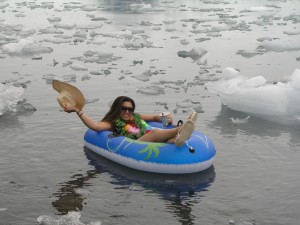
The Hamburg scientists say there is a direct connection between the melting of the Arctic sea ice and global warming
Scientists from the Hamburg-based Max-Planck-Institute of Meteorology and the German Climate Computing Centre have calculated that the 2° limit for global warming could still be kept to. However, it would require immediate drastic reductions in carbon dioxide emissions. So what’s new? I hear you say. The new element is the model the scientists are using. The new model developed by the Max-Planck-Institute using the high-powered computer capacity of the Hamburg centre integrates additional factors into its simulations for the 21st century, including the complex carbon cycle and dynamic role of vegetation, and compares numerous climate models from around the world with each other.The simulations indicate that if the CO2 concentration continues to rise as it is doing, we will be facing not only a considerable rise in temperature, but also an increase in the speed of ocean acidification.
![]() read more
read more
Of birds and bears in a changing Arctic climate
Living conditions have changed considerably over the last few decades for sea birds who live or breed in the Arctic region.
Ornithologist George Divoky has found that his monitoring of black guillemots on the Arctic Cooper Island off the coast of Barrow, Alaska over the last four decades has turned into observation of the rapidly changing climate in the high north.
![]() read more
read more
Climate sceptics in the limelight – and under fire
I have been following with interest the coverage in the media here – and discussions amongst friends and neighbours – of a highly controversial book published in German this month: “The Cold Sun: Why the Climate Catastrophe is not taking place”. The authors, Fritz Vahrenholt and Sebastian Lüning talk down climate change and say there is no need for all the fuss. The authors suggest global temperatures are only influenced to a very small extent by CO2 emissions. They blame “more than half” on solar activity. Now this argument is not new and has been refuted by many respectable scientists – but the hype surrounding the book might lead a lot of people to think it is.
![]() read more
read more



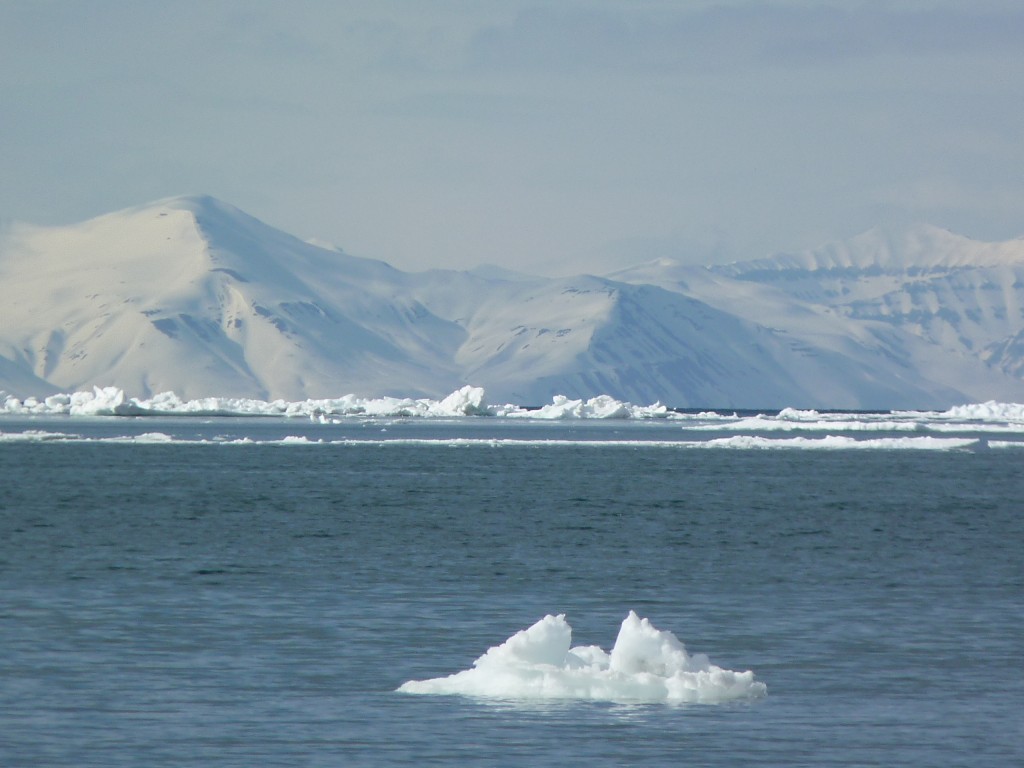

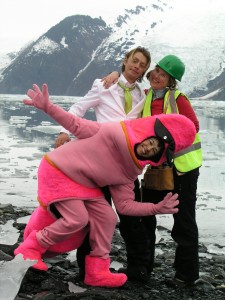
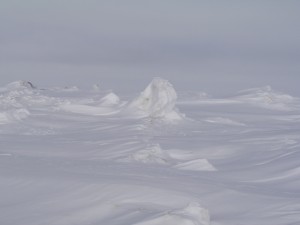
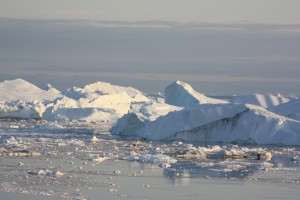
















Feedback